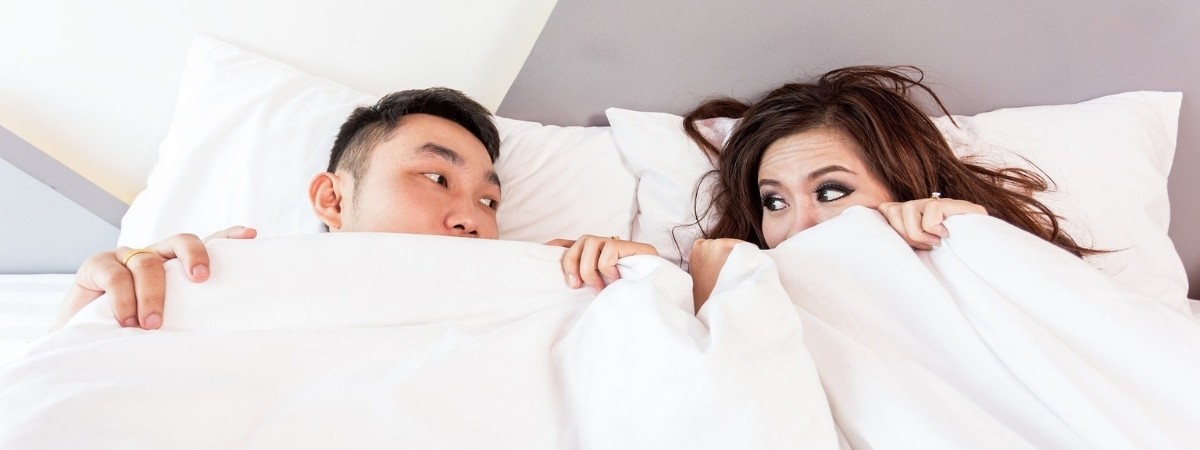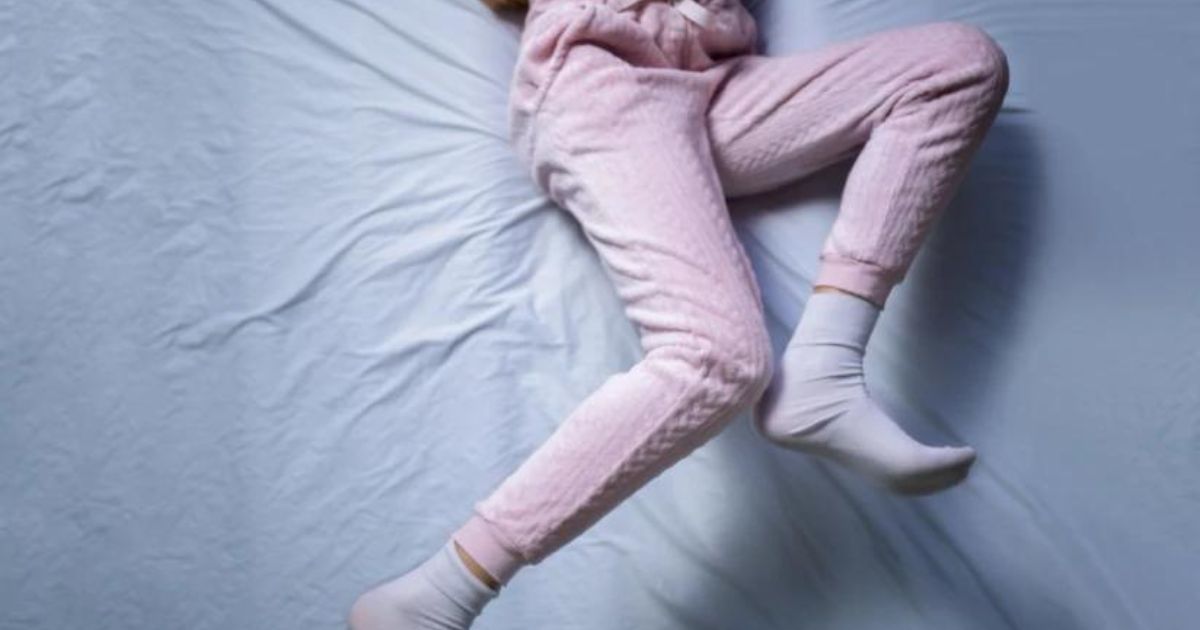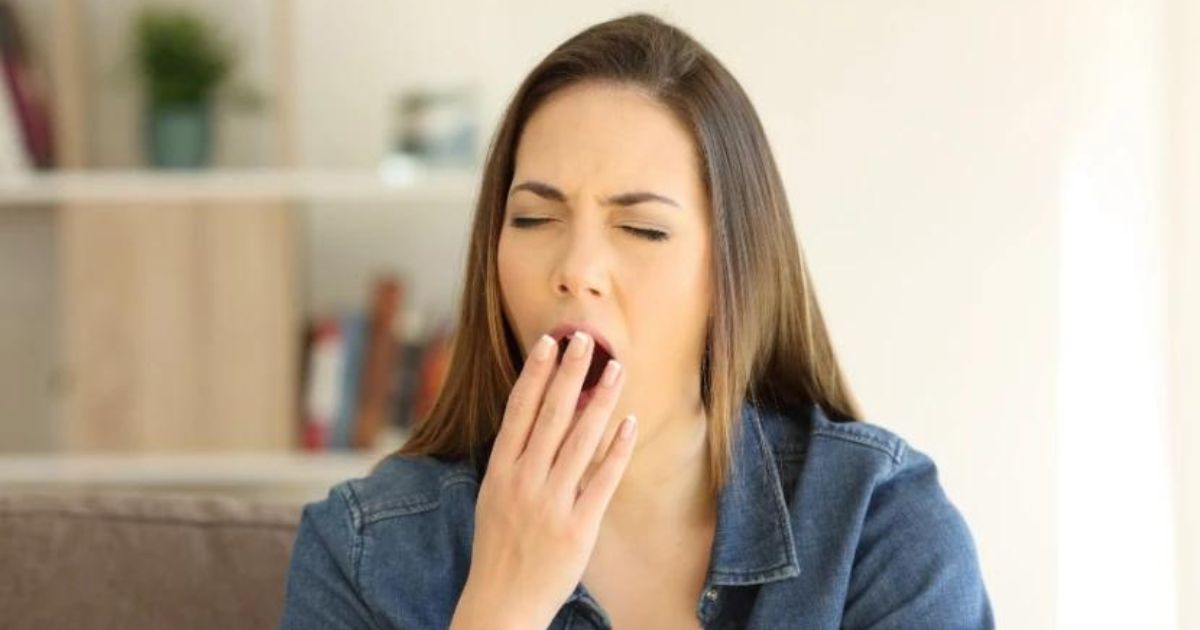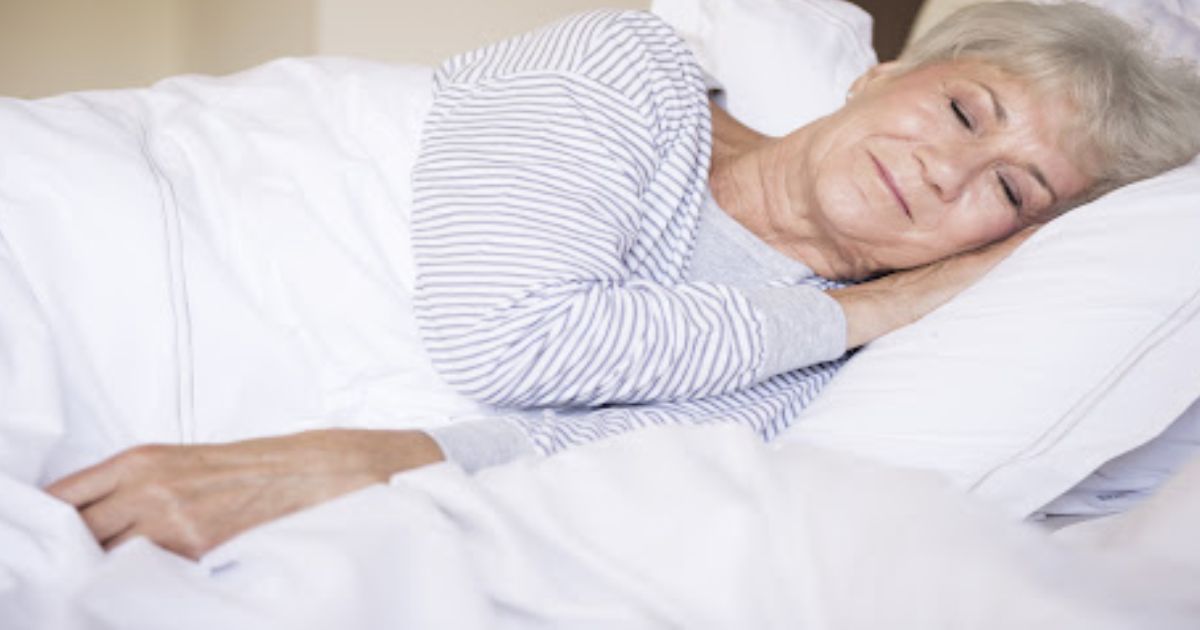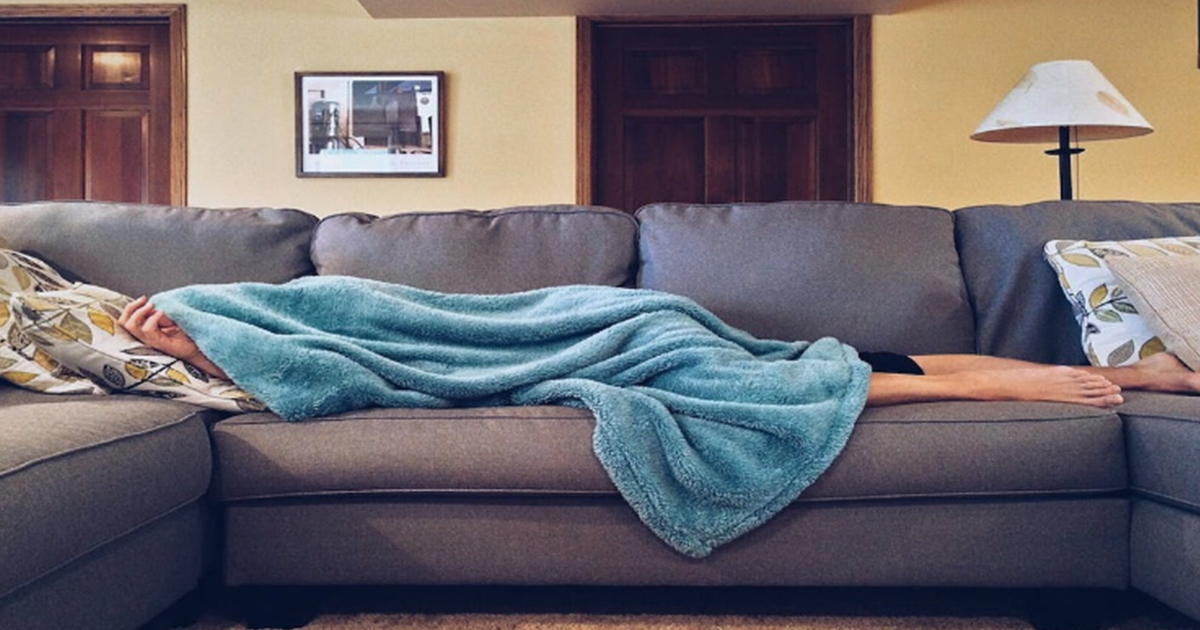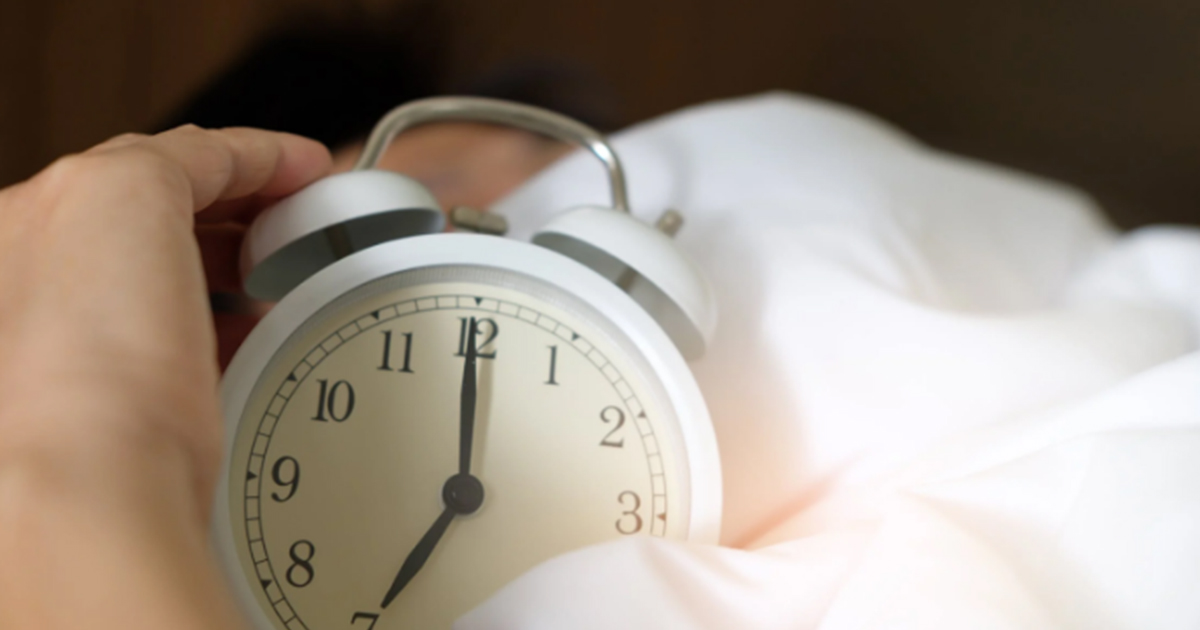Parasomnia is a general term or a category of disorders that cause a person to display irregular behavior while sleeping. While most of these are benign, some of these disorders can cause the patient to fall into dangerous situations. These can also cause psychological distress.
Why Do People Have Sleep Disorders?
Several triggers are associated with this disorder, including stress, anxiety, depression, and sleep deprivation. Substance abuse, irregular sleep schedules, and neurological conditions can also cause parasomniac responses. Finally, some medications might have this as a side effect.
Some types of disorders occur during non-REM or rapid eye movement sleep. Others happen when a person is in a deep sleep, during REM. Below are some common parasomnias.
• Sleepwalking or Sleep Talking
Somnambulism, also known as sleepwalking, is a common condition. It occurs early in the night or even during daytime naps, and patients could exhibit this alongside other types of parasomnia like sleep talking.
Sleep talking or somniloquy can happen during any part of the sleep cycle. The patient might produce everything from complete sentences to unintelligible mumbling; the lighter the sleep, the easier it would be to understand the words.
• Sleep-Related Groaning
A person who groans out loud while sleeping experiences a sleep disorder called catathrenia. This groaning can come in various forms, from a loud humming to a cracking sound and even a roaring. It is often mistaken for snoring—the difference between catathrenia and snoring is that the latter is because of breathing difficulties.
• Nightmares or Night Terrors
When a person has frequent, intense dreams causing anger or anxiety, he has a nightmare disorder. This disorder makes it challenging for people to fall asleep again, and it typically manifests during REM sleep, which is when dreams usually occur.
Meanwhile, sleep terror causes a person to wake up in a frightened state, which lasts anywhere from 30 seconds to five minutes. A person with this condition might wake up crying, screaming, or sweating, and they are likely to feel an elevated heart rate and skin flushing. Night terrors are not linked to dream activity, and they happen in non-REM sleep.
• Nocturnal Enuresis
Nocturnal enuresis or bedwetting is common among children, especially those below six years old. It typically happens when the bladder is holding too much urine. In many instances, bedwetting has no underlying cause and ceases when the child grows older. When it occurs in adults, nocturnal enuresis accompanies other conditions like UTIs, or urinary tract infections.
• Confusional Arousal
This sleep disorder causes a patient to have trouble understanding where he is when he wakes up. It can also manifest as slow speech or reaction times or poor memory. The person might also wake up crying because of the confusion.
• Sleep Bruxism
Teeth grinding or sleep bruxism is another common disorder that can cause tooth sensitivity or pain. Apart from affecting the teeth, grinding can also cause neck, jaw, and face soreness. It can also lead to pain that feels like it is coming from the ears.
• Binge Eating and Drinking
Parasomniac binge eating or drinking is also possible, and it occurs during non-REM sleep. The patient might be fully conscious while they binge, or they might only be partially awake. When this happens, people typically eat unusual foods or food combinations. For instance, a parasomniac binger might eat an entire stick of butter or uncooked meat.
• REM Sleep Behavior Disorder
RBD or REM sleep behavior disorder causes a person to act out their vivid dreams during REM sleep. It is different from sleepwalking—in RBD, a person is easily woken and can remember what was happening. People with RBD might shout, punch, kick, grab, or jump while asleep.
Other Types of Parasomnia
There are less-common types of sleep disorders. People have reported sleep-related texting, sexual behaviors, hallucinations, scratching, and even driving. There is even an “exploding head syndrome,” which causes the patient to hear a loud, sudden noise in their head.
Consult a Sleep Specialist in Jacksonville, FL
Parasomnias can affect people of all ages. While they have no direct effect on a person’s physiological health, they could impact psychological well-being. Some parasomniac conditions might also lead a person into situations dangerous for them or others.
Contact the specialists at Jacksonville Sleep Center if you or your loved ones suffer from parasomnia. We help people deal with sleep disorders, providing them with treatments for their specific condition. Book an appointment today and experience the Jacksonville Sleep Center difference!

